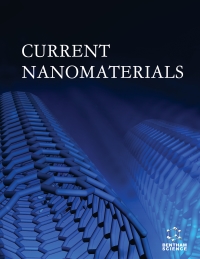
Full text loading...

Psoriasis is a chronic inflammatory skin condition with complex autoimmune and genetic origins, affecting approximately 125 million people globally, with prevalence rates ranging from 0.9% in the U.S. to 8.5% in Norway. This disease places a substantial economic burden on healthcare systems, with the average annual treatment cost per individual in the U.S. estimated at $2,528. Existing therapies often fall short due to issues like limited drug penetration and adverse effects, leading to patient dissatisfaction and treatment discontinuation. This review examines advancements in lipid-based nanocarriers for topical psoriasis management, highlighting their potential to overcome these therapeutic barriers. Lipid-based nanocarriers, including liposomes, niosomes, and Nanostructured Lipid Carriers (NLCs), enhance drug stability, controlled release, and targeted delivery, which are pivotal in improving therapeutic outcomes. Innovations in combinatorial lipid-based therapies show promise in preclinical and clinical studies, supporting enhanced efficacy and improved quality of life for psoriasis patients. Future research should focus on optimizing these carriers for greater precision alongside rigorous clinical evaluations to validate their safety and impact.

Article metrics loading...

Full text loading...
References


Data & Media loading...